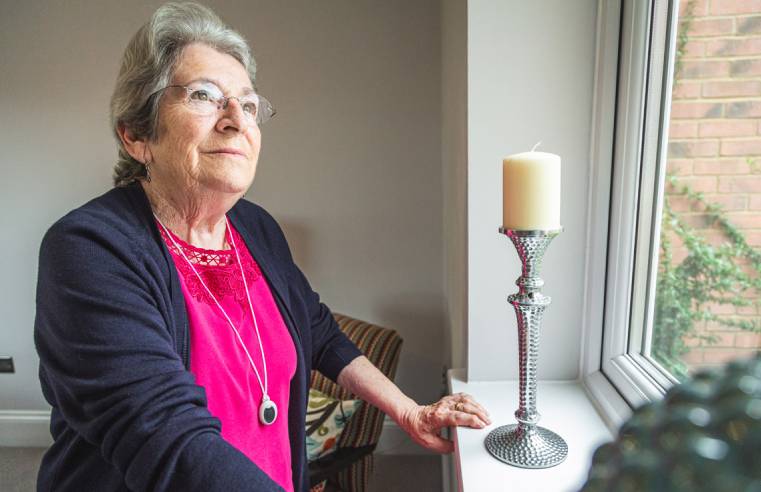Organisations introducing personal health budgets in mental health need to be prepared for change as patients opt to spend money on non-traditional treatments such as training courses and help around the home, according to a new briefing paper.
Personal budgets in mental health – key points on implementation is published by the NHS Confederation in partnership with Think Local Act Personal (TLAP), a national partnership body promoting person-centred care.
From April, NHS England expects clinical commissioning groups (CCGs) to expand the use of personal health budgets by offering them to people with long-term conditions who could benefit. Mental health service users will be among those expected to be offered the budgets.
The briefing paper highlights examples of where personal budgets are used in mental health, such as in London, Devon, Warrington, Brighton and Nottingham.
The document also identifies people with mental health problems who might benefit from personal budgets, such as people who often use crisis services, people who repeatedly end up in A&E and people in recovery services.
The 13-page document also sets out challenges, such as safeguarding public money at the same time as putting people in control of their care budgets, getting buy-in from staff and keeping existing services running when some of their users opt for different treatments.
NHS Confederation director of policy Dr Johnny Marshall, also a practising GP, said: “Personal health budgets are here to stay. The issue is no longer whether to implement them, but how and for whom. As local areas roll out them out, it will be crucial to keep learning from experience and to share evidence widely about their impact and the best ways to implement them.”
Personal health budgets have been around for several years, but opinion is mixed. Opponents fear they will only work well for some people and could destabilise existing high-quality services. Others, however, believe they can benefit people with mental health needs by encouraging them to make decisions about their health and care.
Related articles:
Membership body prepares sector for personal health budget expansion

























